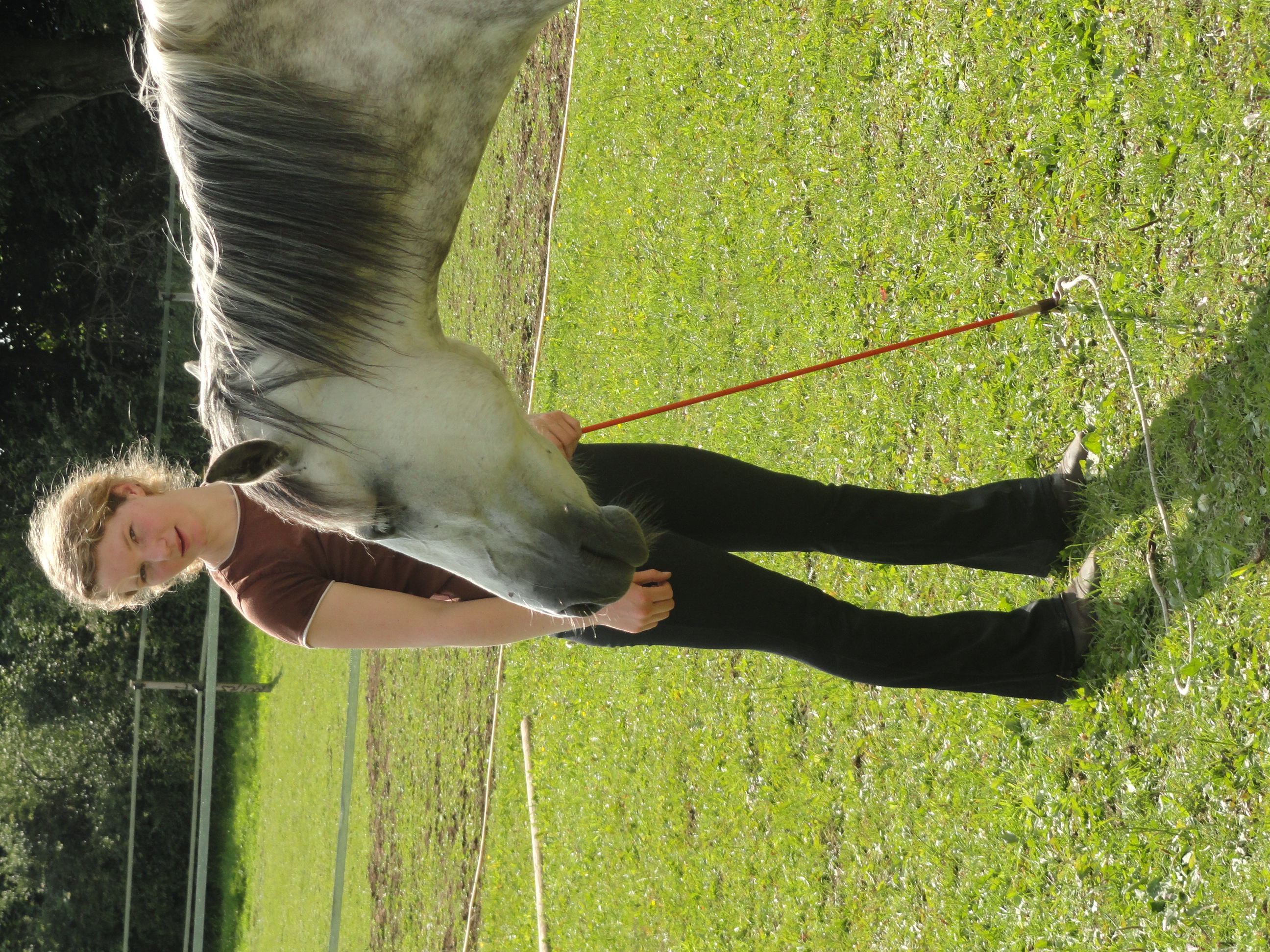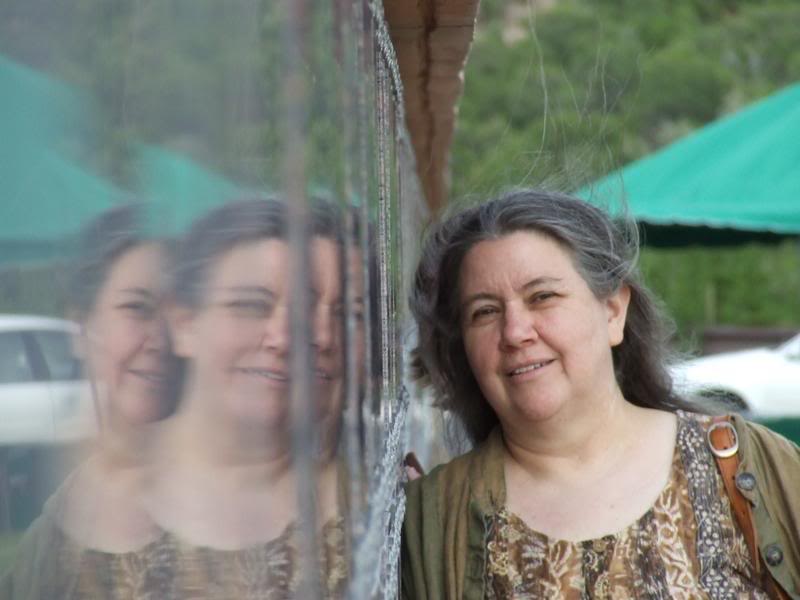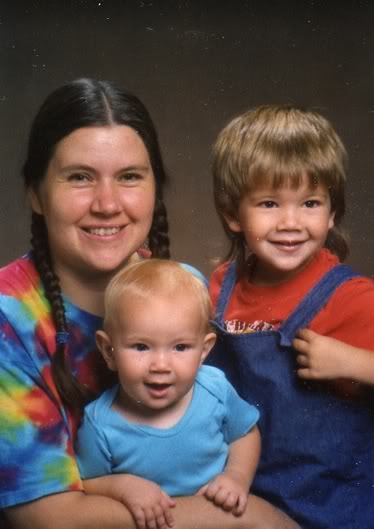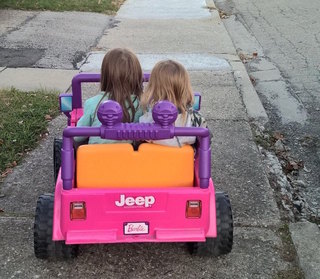It might be useful to ask conversationally, "What do you mean?" It's very likely they don't know what they mean. It's a question asked out of very vague fear. If they have an answer, say "Can you give me an example?" It probably won't take much to lead them to see that they haven't really thought much about the topic.
Some home educating families feel that they're on trial, or at least being tested. If someone asks you something like "What about his social growth?" it's not an oral exam. You're not required to recite.
You could say "We're not worried about it" and smile, until you develop particular stories about your own child. It's easier as your children get older and you're sharing what you *know* rather than what you've read or heard.
(listen there about socializing vs. socialization)
photo by Nina Haley
















